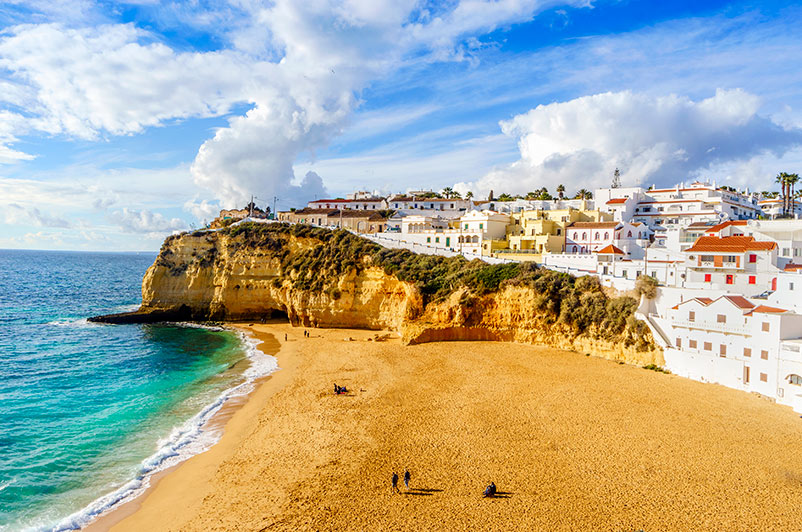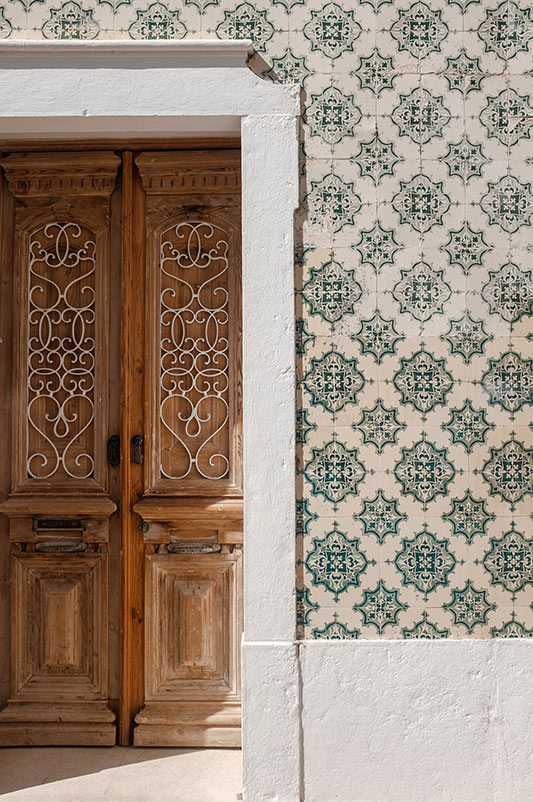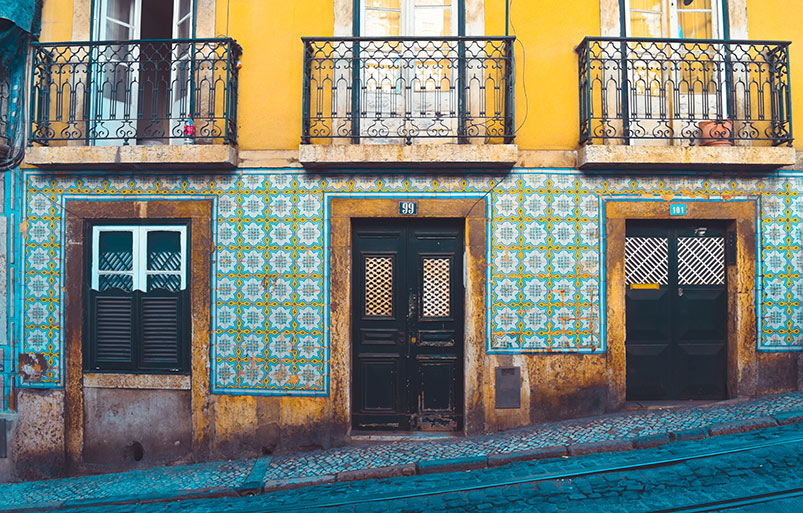Your guide to purchase a home in Portugal


To buy a home in Portugal
If you want to buy a home in Portugal, there are of course things that you should think about before making a deal. The bureaucracy surrounding a real estate transaction is heavier, which is why in a housing transaction several parties are needed who are involved, such as an authorized broker and a notary. It is also common to have a lawyer / lawyer in Portugal as your representative and involved in the housing business (usually with a power of attorney). A lawyer can then, together with the brokerage firm, ensure that the transaction is carried out in a correct manner. In Portugal, brokers do not have exclusive rights to housing, but a real estate agency has a portfolio of homes that you have listed on your own website, but can also show other brokers' "listings" of homes. Then contact an authorized brokerage agency you have been entrusted with, this can then assist you in the entire process.
Unlike Sweden, the homes in Portugal are owner-occupied homes, ie you own your apartment in the same way as you own a villa in Sweden. This also applies to any parking spaces and storage spaces in a property. You can therefore mortgage your property just like a freehold villa in Sweden and pay an annual property tax. For apartments in apartment buildings (condominios, sometimes also for detached houses), there is a community association that ensures that the common areas as well as garden facilities and pool facilities are maintained. You therefore pay a "Condominium fee", ie a monthly fee for this maintenance which varies depending on the maintenance and service level chosen by the community association. In Portugal, a home is sold in its existing condition. You as the buyer are responsible for checking the home before you sign the contact. Hidden wrong "concepts" do not exist in Portugal. Your broker in Portugal can recommend an independent civil engineer who does a technical inspection of the home.
Bidding
Once you have found a home you want to buy, the broker starts negotiating the terms of sale such as price, moving-in date, loan and other things that may be of interest. If the seller does not accept the "first bid" in a bidding procedure, it may be relevant for the buyer to raise his bid. The broker negotiates for you.
Purchasing process
Once you have agreed on the price and other terms in the real estate transaction, you can either make a direct transaction where buyers and sellers meet at the notary with all documentation and the transaction is carried out in a single act.
Alternatively, you sign a pledge contract where the buyer and seller agree on the terms of the deal, which is concluded at the agreed time with the notary. Promise contracts are the most common form. In connection with the promise contract, a down payment of 10 - 20% of the purchase price is paid. In the normal case, the buyer, seller, notary, broker and lawyer are seen after 3 months and then write the "final contract".
The time between the promised contract and the final purchase contract is used to prepare all the documentation about the home and the seller. The final contract is then registered with the notarial deed as a basis, the seller and buyer sign and you are then the owner of a home in Portugal and moving in can take place. To buy property in Portugal, you must have a Portuguese tax number. Usually it is the broker who assists you with this in connection with the housing deal. But you can also apply for this yourself, just make sure you get the "right" tax number that reflects the form of residence you intend to have in Portugal. A purchase document in Portugal is written in Portuguese but can also have an English translation approved by a lawyer and notary on the same document. It is the seller who pays the brokerage fee, so you as the buyer should not pay anything to the broker when acquiring a home.


Costs of purchase
- Transaction tax IMT, varies according to a scale (0-6%) with a maximum amount (breakpoint € 574,000)
Example: in the case of a purchase for approx. € 300,000, the IMT tax will be approx. - Notary ca € 400-700
- Stamp duty with 0.8% of the sales value
- Registration fee for purchases or mortgages approx. € 250
In addition to these costs, there are any legal costs, loan set-up fees, translations, etc. depending on how the deal is settled.
As a simple rule of thumb, it can be assumed that the overheads in addition to the transaction tax, IMT, amount to 1%. Portugal is one of the countries in Europe with the lowest overheads when buying.
Banking and financing
As for financing, this is available at both local Portuguese banks and international ones. Also check with your Swedish bank if they have the opportunity to grant a loan for a home in Portugal. Loan terms may vary between banks. In the Portuguese banks, loans can be granted until you are 75 years old and you can borrow about 70% of the purchase price. The buyer should also open a bank account in Portugal as this will facilitate your home purchase. It is also important to get internet to the bank account so you can pay future electricity, water and other bills easily and smoothly.
Form of housing in Portugal
You can either buy your home as a holiday home or as a permanent home. In both cases, you need a tax number to acquire the home. The broker assists you. If you wish to live in Portugal permanently, ie tax yourself in the country, you can, if you meet the Portuguese legal requirements, apply for Non habitual resident- "NHR status". Portugal then refrains from taxing certain pension income. NHR status is granted for ten years from the time you settle in Portugal and is based, among other things, on the fact that you have not been taxable in Portugal for the last five years before applying for NHR. The tax effect of this, applied to your Swedish occupational pension (private sector), will thus be:
- 0% tax in Sweden
- 0% tax in Portugal
Other pension income is taxed at 25% in Sweden and 0% in Portugal. Always contact tax and pension experts to find out what applies to you.